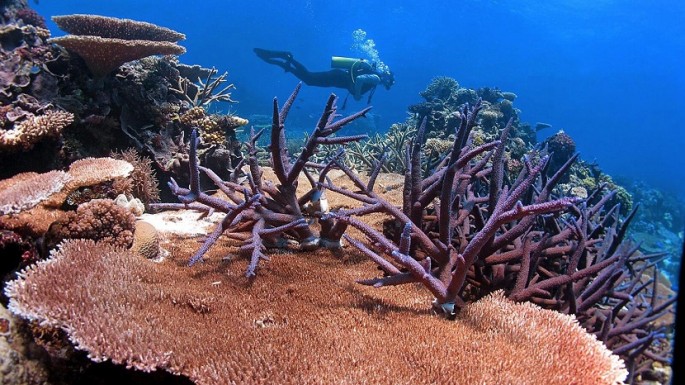Scientists warn that time is now running out fast for the world's oceans as marine life and biodiversity continue to face danger as the planet's climate continue to warm.
Researchers say that immediate reductions of greenhouse gas emissions can help further prevent these massive impacts on global marine ecosystems where they compared the ocean's current fragile state into two scenarios, one is a business as usual approach and the other involves drastic emission cuts.
Further analysis revealed that the business as usual approach will have a devastating impact that is effectively irreversible on ocean ecosystems including marine industries such as fisheries by the year 2100.
Even if cutting down significant and substantial amounts of carbon dioxide to halt rising temperatures of two degrees Celsius, many marine life and biodiversity will still continue to suffer according to this new study.
According to Jean-Pierre Gattuso of the Laboratoire d'Oceanographie de Villefranche, France, impacts are already detectable on marine and coastal organisms including ecosystems from these man made carbon dioxide emissions where they will encounter high risk impacts even before the year 2100.
This new study is based on data derived from field observations and computer simulations where scientists have determined that these impacts are now occurring across all latitudes making it a global issue that spans the north and southern hemispheres.
By the year 2050, coral reefs and mangroves which are critical marine habitats will soon experience substantial declines especially in tropical fisheries where many communities rely for food even if greenhouse gas emissions are cut to prevent two degrees Celsius of warming temperatures.
Fisheries located in the Arctic region may benefit from warmer oceans at first however this area is considered as a hotspot for ocean acidification where communities around rely on the sea.
These new findings will be presented at the upcoming United Nations Climate Change 2015 conference in Paris where this study is published in the journal, Science.



























